Have you ever visited a website, only to be redirected to a site flashing the message you’ve just won a new iPhone? Exciting right? Wrong. This is the result of a website being hacked and taken over by a company or individual looking to gain unauthorized access to personal information from visitors. This can quickly deter your website visitors, leading to a drop in sales. This is why it’s so crucial for companies to prioritize their website security and mitigate the risks of being hacked. In this guide, we are going to go through the best ways to protect your website from cyber threats. First, let’s talk about what website security is.
What is Website Security?
Website security involves the practices and tools designed to protect your website from cyber threats such as hacking, malware, ransomware, and data theft. It includes a wide range of preventive measures to protect against unauthorized access, data breaches, and service disruptions. Protecting your user information and customer data with website security is essential if you’re looking to maintain trust and credibility between you and your clients. Now that you have an understanding of website security, we need to talk about SEO implications.
Website Security and SEO
Website security plays a crucial role in SEO, as search engines like Google prioritize secure websites in their ranking algorithms. Sites that use HTTPS encryption are favored over those that don’t, giving a direct SEO boost to those that take security seriously. On the other hand, if your website is compromised, infected with malware, or flagged as unsafe, search engines may blacklist or significantly lower your rankings, resulting in a dramatic loss of traffic. In addition, users are less likely to engage with or trust websites that display security warnings, which can increase your bounce rate—a factor that negatively impacts SEO.
10 Best Ways to Protect Your Website From Cyber Threats
Now that you have an understanding of what website security is, and why it’s so important, let’s go over our list of the best ways to protect your website from cyber threats.
1. Use HTTPS and SSL Encryption
Secure Sockets Layer (SSL) is a security protocol that ensures the data exchanged between a user’s browser and your website remains encrypted and secure. You can identify a website with SSL encryption by the padlock symbol in the browser’s address bar and the “HTTPS” at the start of the URL SSL encryption protects sensitive data (like credit card numbers and personal information) from interception by hackers. It also boosts SEO, as Google gives preference to secure sites. You can obtain an SSL certificate through a certificate authority (CA) or your hosting provider, often for free or a small annual fee.
2. Use a CAPTCHA
When you’re on a website, and go to submit a form, do you ever have to click through a series of images to prove that you’re a human? That is a security measure called CAPTCHA. Adding CAPTCHA to forms is another important method to protect your website, especially if you collect user information through contact forms. CAPTCHA helps distinguish between real users and automated bots by requiring users to complete simple challenges, such as identifying images or entering random characters. This prevents malicious bots from submitting spam, exploiting form fields, or attempting brute-force attacks. Implementing CAPTCHA reduces the chances of unauthorized access and adds an extra layer of security for any form submission on your website.
3. Regularly Update Your Software and Plugins
Another crucial step is regularly updating the software used to run your website. Whether you use a content management system (CMS) like WordPress or custom-built applications, keeping your software up to date is critical for security. Developers constantly release patches and updates to fix vulnerabilities in their code, and failure to apply these updates leaves your site exposed to exploitation.
4. Penetration Testing
Penetration testing is the process of simulating a cyberattack to discover gaps in a company’s cybersecurity strategy. In a pen test, cybersecurity experts attempt to exploit vulnerabilities in your website’s systems, applications, or network to identify weak points before malicious attackers can do so. This proactive approach provides a detailed assessment of potential security flaws, ranging from software bugs and outdated plugins to misconfigurations and weak passwords. Conducting regular penetration tests not only helps you fix vulnerabilities but also ensures that your website’s defenses are up-to-date and robust against evolving cyber threats.
5. Use a Web Application Firewall
A Web Application Firewall (WAF) monitors incoming traffic and blocks malicious activity before it reaches your website. WAFs can prevent Distributed Denial of Service (DDoS) attacks, SQL injection attempts, and cross-site scripting (XSS). In other words, a WAF acts as a buffer, stopping attacks before they can exploit vulnerabilities within your site’s code. Many hosting providers offer built-in WAFs, or you can use third-party services like Cloudflare to set one up.
6. Back-Up Your Site
Regular website backups are also an essential part of any website security plan. In the event of a cyberattack, having a recent backup allows you to quickly restore your website to its previous state with minimal data loss or downtime. Automated backups should be scheduled frequently, and it’s recommended to store these backups both on-site and in the cloud for redundancy.
7. Install Security Plugins
Security plugins can help automate many of the processes mentioned above, like malware scanning, login protection, and backups. Our preferred website security plugin is Wordfence. These plugins provide comprehensive security features, including malware scans, firewalls, and brute-force attack prevention automatically, and will notify your team of any abnormalities that may pop up.
8. Restrict User Access Levels
Limiting user access is an often overlooked aspect of website security but can be critical in preventing insider threats or accidental damage. Not everyone who needs access to your website should have full administrative privileges. By restricting access based on role, you minimize the risk of someone making unauthorized changes or introducing vulnerabilities.
9. Monitor Website Activity
Monitoring website activity can also help detect suspicious behavior before it escalates into a full-blown attack. For example, multiple failed login attempts could signal a brute-force attack, while a sudden spike in traffic may indicate a DDoS attack. Keeping an eye on your website’s traffic in Google Analytics and activity logs can alert you to potential threats and give you the opportunity to act quickly before any damage is done.
10. Consult a Marketing Agency
An agency that combines marketing expertise with cybersecurity knowledge ensures that your website is not only optimized for performance and engagement but also against potential threats. Here at IN2, we prioritize monthly website maintenance for our clients, where our team of developers updates all plugins, checks security measures, and ensures that there is no suspicious activity going on. This ensures that our client’s websites remain functional, fast, and secure without compromising user experience.
The Importance of Website Maintenance
While implementing strong security measures is important, website security is not a one-time effort. Regular maintenance is key to keeping your website safe and functional over time. Monthly maintenance ensures that your software remains up to date with the latest security patches, minimizing the risk of exploitation. It also provides an opportunity to optimize performance, improve the user experience, and verify that your backups are working correctly. Proactive website maintenance can help you catch potential security threats early, preventing downtime and costly disruptions to your business. Imagine the headache it would be if your website went down!
What’s Next?
Website security should be an important part of your cybersecurity strategy. From protecting sensitive customer data to maintaining a reliable and functional website, the benefits of strong security measures far outweigh the potential risks of neglect. If you don’t have the in-house knowledge about how to improve your website security, feel free to contact our team for a website assessment.
About IN2communications
IN2communications is an award-winning digital marketing and web design agency helping hundreds of B2B organizations create awareness, boost consideration rates and generate sales leads.
Our awesome team provides experienced expertise in the following areas: Creative Strategy, B2B Campaigns, Web Development, Video Production, Social Media, Paid Advertising, SEO, Email Campaigns, Blogging, Presentations, Webinars and remarkable Content Creation.






